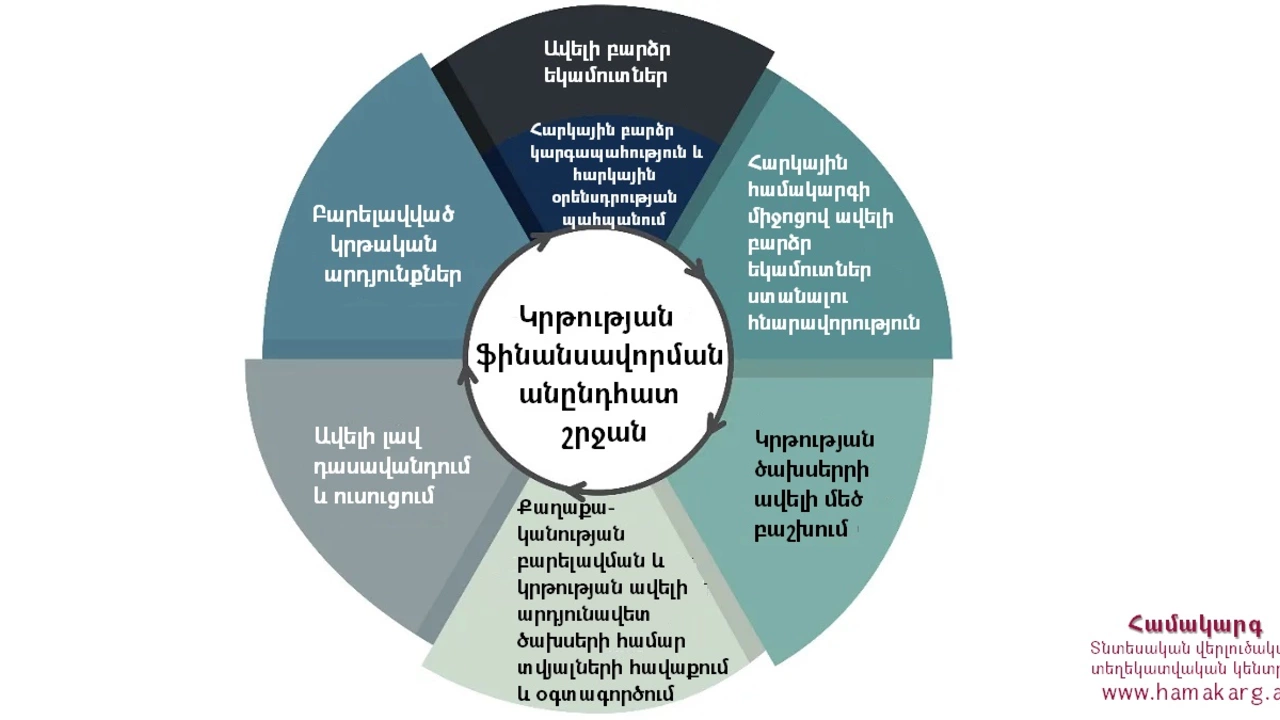How is money wasted in the American education system?
-
Jul, 22 2023
-
0 Comments

Excessive Standardized Testing
One of the biggest ways money is wasted in the American education system is through excessive standardized testing. Each year, schools spend an enormous amount of funds to administer these tests, and yet, the results often fail to reflect the true learning and growth of students. Instead of using these funds to enrich classroom learning experiences, we spend them on tests that leave little room for creativity, critical thinking, and problem-solving skills.
Plus, the burden of preparing for these exams often leads to "teaching to the test," a practice that stifles innovation and makes education a one-size-fits-all experience. This not only wastes precious educational resources but also fails to cater to the individual needs and potentials of students.
Administrative Bloat
Another major drain on education finances is the administrative bloat. Over the years, the number of administrators and non-teaching staff in schools has increased significantly while the number of teachers and students has remained relatively stable. This has resulted in a disproportionate amount of funds being allocated to administrative costs, at the expense of classroom learning.
Reducing the number of administrators and reallocating those funds towards frontline teaching could drastically improve the quality of education and ensure that money is being spent where it is most needed.
Inefficient Use of Technology
Despite the potential for technology to significantly enhance learning, its use in the American education system is often inefficient and wasteful. Schools frequently invest in expensive technology without a clear plan for its implementation or regard for its relevancy to the curriculum. This results in devices gathering dust in storage rooms while teachers continue to lack the resources they need to effectively teach their students.
Instead of buying technology for the sake of it, schools should invest in professional development for teachers, so they can integrate technology into their lessons in meaningful ways. This will not only save money but also improve student learning outcomes.
High Cost of College Textbooks
The high cost of college textbooks is another area where money is wasted in the American education system. Despite the digital age providing less expensive and more accessible options, many courses still require students to purchase hardcopy textbooks at exorbitant prices.
With the advent of open educational resources (OER), there are now more affordable and accessible options available. By using OER, colleges can save students money and make education more accessible to all.
Unnecessary School Renovations
Unnecessary school renovations are another area of wasteful spending. While it's important for schools to provide a safe and conducive learning environment, some renovations go beyond necessary upgrades and dip into the realm of luxury. Such renovations often take a significant chunk out of school budgets that could be better spent on improving the quality of instruction.
Rather than spending money on aesthetic upgrades, schools should prioritize spending on resources that directly impact the quality of education, such as teacher training, classroom resources, and student support services.
Ineffective Professional Development
Professional development is crucial for improving the quality of education. However, not all professional development programs are created equal. Too often, schools spend money on one-size-fits-all programs that fail to meet the specific needs of their teachers.
Instead of wasting money on ineffective professional development, schools should invest in targeted, ongoing professional development that supports teachers in their specific teaching contexts. This will not only save money but also lead to improved teaching practices and student outcomes.
Overpriced School Supplies
Lastly, the high cost of school supplies is another area of waste in the American education system. Each year, parents spend a significant amount of money on school supplies, many of which are overpriced or unnecessary.
Instead of requiring parents to purchase these items, schools could bulk buy supplies and distribute them to students as needed. This would not only save parents money but also ensure all students have access to the supplies they need to succeed in school.